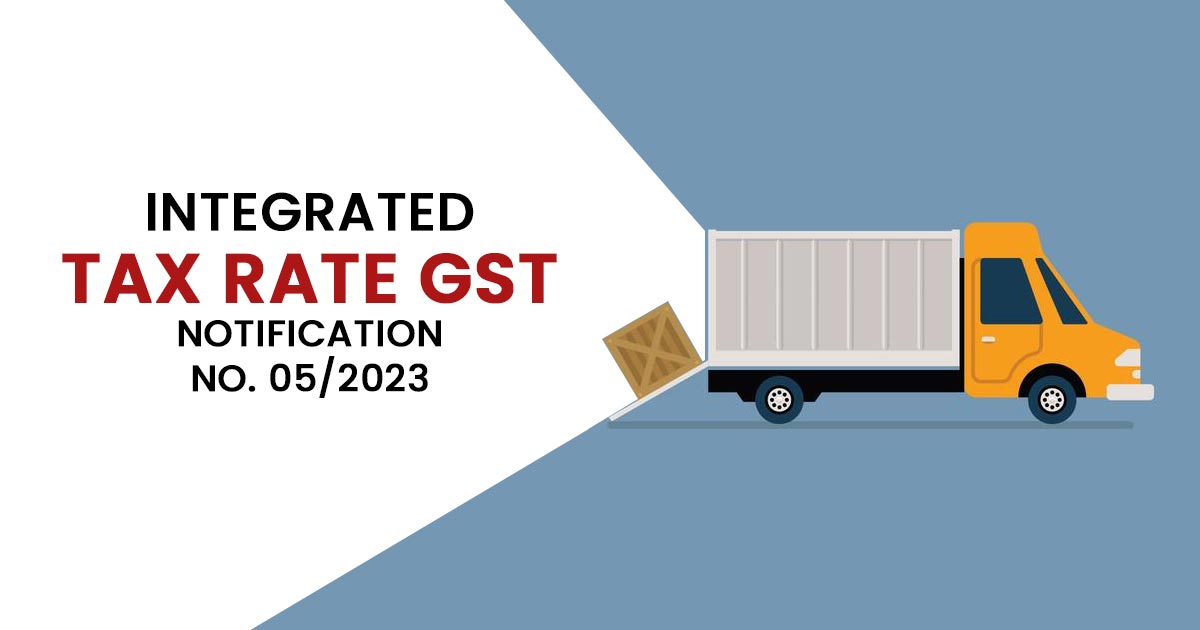
The last date for Goods and Transport Agencies to utilise the option of paying GST on an advance charge basis for the current FY to May 31 by the Government. The option of collecting and paying GST on a forward charge basis is available to goods transport companies under the GST system.
However, if they choose not to do so, the recipient of the service will be responsible for paying the tax under the reverse charge mechanism.
A Goods Transport Agency (GTA) under GST must complete a form (Annexure V) by March 15 of the previous financial year in order to choose to pay tax on a forward charge basis at a rate of 12 per cent (with input tax credit) and 5 per cent (without ITC advantages) in a fiscal year.
Citing an amendment to the GST Act, the finance ministry in May clarified that “the option for the Financial Year 2023-2024 (by a GTA) shall be exercised on or before the 31st May”.
Under the GST, any organisation offering a service of goods transport by road and issuing a consignment note for the purpose is referred to as a GTA.
The amendment further clarified that a GTA may exercise the option to self-pay GST on the services it provided during any financial year if it starts a new business or exceeds the threshold for registration by making a declaration in Annexure V before 45 days from the date it applied for GST registration or one month from the date it received registration, whichever is later.
According to Rajat Mohan, senior partner at AMRG & Associates, GTA has the option of paying tax on either a forward charge or a reverse charge, and both methods have advantages and disadvantages.
Using a forward charge mechanism allows a taxpayer to use tax credit and to pay tax only on the differential value-added. A reverse charge mechanism, according to Mohan, would free up working capital blocked by taxes and obliviate the need to maintain thorough records for the GST payment of taxes.








